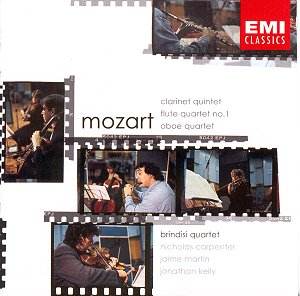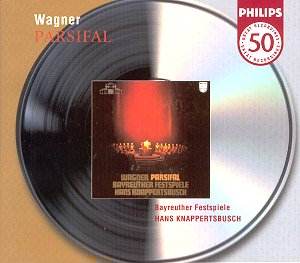 Composer: Gaetano Donizetti
Composer: Gaetano Donizetti
Works: La Figlia Del Reggimento
Performers: Lina Pagliughi (soprano), Risa Corsi (mezzo soprano), Cesare Valletti (tenor), Sesto Bruscantini (bass), Eraldo Coda (bass), Orchestra Lirica e Coro di Milano della RAI, Mario Rossi (conductor)
Recording: Recorded in Milan on 27 August 1950
Label: WARNER
Gaetano Donizetti’s La Figlia Del Reggimento has enjoyed a complicated legacy since its premiere at the Paris Opéra-Comique in 1840. Initially met with indifference, the opera gained traction in the decades following its inception, largely due to the efforts of notable sopranos like Toti dal Monte and, more significantly, Joan Sutherland, who brought it renewed prominence. The work, characterized by its buoyant melodies and farcical plot, interweaves themes of love, identity, and social ambition, all delivered with a distinctly comic flair. This recording, featuring Lina Pagliughi in the title role, captures a moment in history where the opera was finding its footing once more in the operatic canon.
Pagliughi’s performance is a focal point of this interpretation; her coloratura is agile and bright, though at times her comic delivery veers into the realm of the earnest, lacking the whimsical touch that would elevate her portrayal of Maria. The role demands not only vocal dexterity but also a sense of playful charm, qualities that Pagliughi occasionally struggles to embody fully. Her interpretation shines in moments such as “Il faut partir” where her vocal agility is put on display, yet her comedic timing feels somewhat straight-laced. Cesare Valletti as Tonio complements her with a lightness of touch, his tenor agile and expressive, particularly in the duet “Ah! mes amis, quel jour de fête!” where both singers navigate the rapid passages with confidence, illustrating their deep connection.
Sesto Bruscantini emerges as a standout in the role of Sulpizio. His voice, characterized by a rich timbre and impeccable diction, brings a buoyant authority to the ensemble scenes, particularly in the rousing male choruses that punctuate the score. Risa Corsi, as the Marchesa di Berckenfield, channels a blend of gravitas and humor reminiscent of Marcellina from Le Nozze di Figaro, effectively grounding the otherwise whimsical narrative. The orchestral contributions from the Orchestra Lirica e Coro di Milano, under Mario Rossi’s baton, are spirited if not always precisely pitched. The military elements of the score, with side-drums and trumpet calls, are enthusiastically rendered and contribute to the vibrant atmosphere of the opera, though at times the ensemble lacks the tightness that would enhance the overall effect.
The sound quality of this recording, a product of its time, bears the marks of its era. While the clarity of the voices is commendable, the orchestral sound can at times feel distant, lacking the immediacy one might expect from a contemporary recording. However, this slight detachment allows for an appreciation of the orchestration, which, despite some rough edges, reveals Donizetti’s ability to blend lightheartedness with moments of lyrical beauty. The absence of spoken dialogue in this recording, due to its adaptation for Italian performances, simplifies the narrative flow but does not detract significantly from the comedic essence of the opera.
The 1950 recording of La Figlia Del Reggimento stands as a historical artifact, offering insights into the evolution of this delightful work. Pagliughi’s interpretation, while technically adept, reveals the challenges of balancing vocal brilliance with effective comedic delivery. The contributions of Valletti and Bruscantini, along with the spirited orchestral backdrop, create a lively portrayal that captures the charm of Donizetti’s operatic style. This recording may not eclipse the more celebrated renditions by later sopranos, yet it offers an engaging glimpse into the opera’s rich tapestry, making it a worthwhile listen for those interested in the development of the operatic repertoire.



